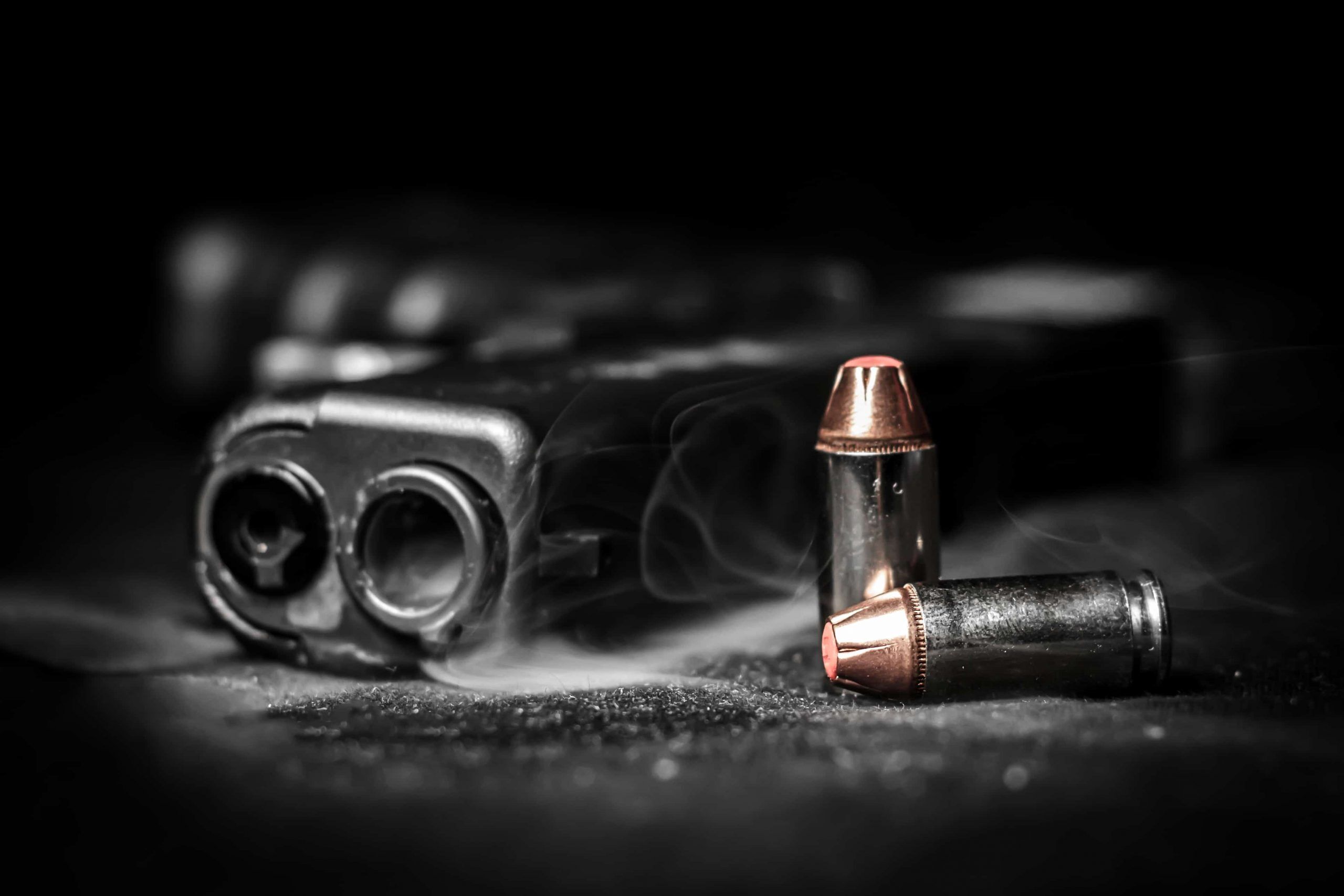After the shooting at Marjory Stoneman Douglas High School in Parkland, FL, the state legislature passed FL Statute 790.401 (also known as the Marjory Stoneman Douglas High School Public Safety Act) in an attempt to reduce the possibility of a similar event by allowing law enforcement to confiscate firearms and ammunition for individuals a court deemed dangerous. This act calls for individuals to report their suspicions about a perceived dangerous person to law enforcement, who must then investigate and ask for a risk protection order from the court if they see fit.
What is a Risk Protection Order?
A risk protection order is a court order that requires an individual (the “respondent”) to surrender their firearms to the authorities as well as any other firearms they may have in their possession (regardless of who they belong to). The respondent must also give up their license to carry a concealed weapon. Individuals under a risk protection order cannot purchase or possess firearms or ammunition for a period of time specified by the court, which can be up to one year.
What Happens if Someone Asks for an RPO Against You?
If an individual goes to law enforcement and tells them that you are in possession of a firearm and that they believe that you are a risk to yourself or to others, the officers must investigate their claims.
We live in hypervigilant times when it comes to gun violence—thus, the passage of this bill in the first place. Unfortunately, while the aim of this bill is to protect against a tragedy like the Parkland shooting happening again, many other people are picked up in the net along the way.
A false or exaggerated claim can be used against an individual in order to secure child custody, expedite a divorce, or ruin someone’s reputation. While the process of investigating and petitioning for a risk protection order aims at reducing the number of individuals wrongfully placed under the order, our system isn’t perfect, and individuals who should not be placed under order may be forced to attend a risk protection order hearing and go through the process of showing themselves to be responsible gun owners.
Who Can Be Subjected to a Risk Protection Order?
Law enforcement officers may ask for a risk protection order against individuals they believe to be a risk to themselves or others and who are in possession of firearms and ammunition. These individuals are generally brought to the attention of law enforcement by people they know. Once law enforcement has been notified of a potentially dangerous individual, they must investigate the claim to determine whether they should petition the court for a risk protection order.
If they feel that the respondent poses a significant or immediate risk to themselves or the public, they may request an ex parte risk protection order from the court, allowing them to confiscate firearms and ammunition before a hearing and without the necessary notification of the respondent that a typical risk protection order calls for. The ex parte order is only temporary—it lasts until the court hearing for the risk protection order.
If they feel that the individual poses a threat (though not an immediate one), law enforcement can submit their petition for a hearing. To get a hearing, they must show that their investigation has given “rise to a reasonable fear that respondent poses a significant danger of causing personal injury to themselves/others by having a firearm or ammunition in their custody, control, or possession” (Petition form). If law enforcement is able to make a case that shows “clear and convincing” evidence about the danger the respondent might pose during the risk protection hearing, a judge may grant an order and require that the respondent hand over their weapons, ammunition, and carry licenses to authorities.
How Long Does a Risk Protection Order Last?
The length of a risk protection order can vary and is determined by the court. The maximum time for one is one year, though it can be extended by the court if they see fit.
Can You Fight a Risk Protection Order?
Once a petition for a risk protection order has been filed, the court must schedule a hearing within 14 days and notify the respondent. This is your chance to share your side of the story. Your defense attorney will lay out why law enforcement are mistaken in their beliefs or why the evidence they found is not sufficient to meet the “clear and convincing” threshold necessary for a risk protection order.
If a risk protection order is granted, you may petition the court to have it vacated. This will trigger another hearing and allow you to make a case as to why the initial evidence or hearing was flawed.
You can only submit one petition to the court to have your risk protection order vacated. If your order is extended, you can submit one petition for each extension granted. Because you only have one petition and hearing, it’s crucial that you have a skilled defense attorney to help you navigate the process and present a legal defense. Defending yourself against a risk protection order is risky and is not likely to get the risk protection order thrown out. Increase your chances of success with a skilled attorney.
When Can You Get Your Firearms Back After a Risk Protection Order?
The length of a risk protection order is determined by a judge at a hearing. Your firearms can be confiscated for up to one year. If an extension is granted, the time frame can be even longer.
Afraid of a Risk Protection Order? Call Mike G Law!
If you believe law enforcement is investigating you or if you’ve been placed under a protection order, securing legal counsel can help ensure your rights are protected. Otherwise, you may be railroaded by a legal system intent on covering its behind. Make sure you understand what’s happening and you have someone on your side—call Mike G today.

